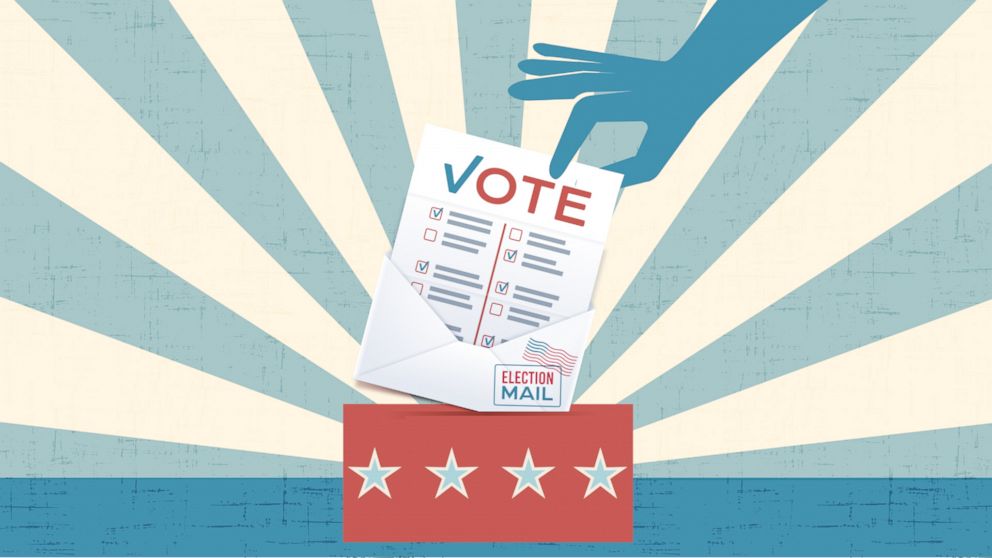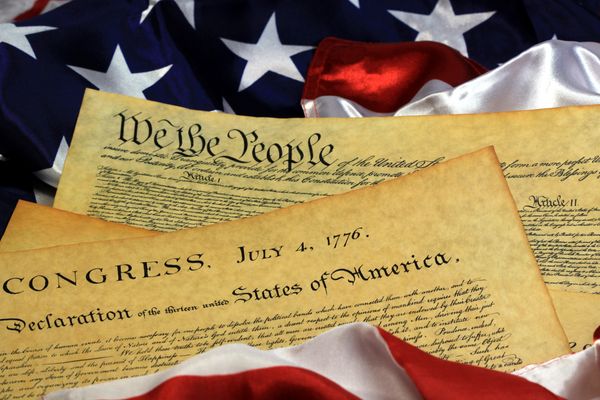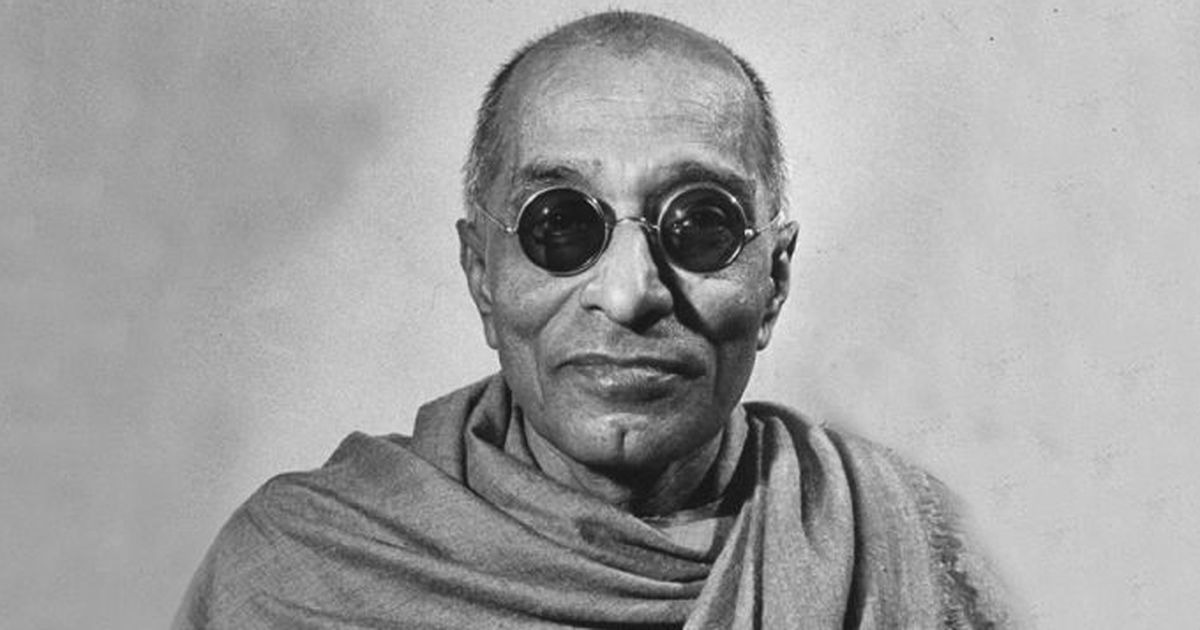Is the Election Commission the Key to Fair Elections? Discover How It All Began!
The election commission is often hailed as the cornerstone of fair and free elections. It is entrusted with the sacred responsibility of organizing elections, ensuring that all citizens can exercise their right to vote, and safeguarding the integrity of the electoral process. But can we truly rely on election commissions everywhere? While many have lived up to their duties, others have become embroiled in controversy, undermining public trust and manipulating the process to suit political agendas. Let’s take a deeper look into how the election commission came to be, its role in promoting fair elections, and where and how it has faltered, sometimes contributing to the erosion of faith in democracy itself.
The Birth of the Election Commission: A Historical Milestone
The Beginning of Electoral Oversight
The first election commission was established in Belgium in 1831, after the country’s revolution and independence from the Netherlands. Belgium set the foundation for modern democratic systems by creating an impartial body to oversee elections, aiming to make them transparent, fair, and free from external interference. This was a major step forward for democratic governance, as elections before this were often marked by manipulation, corruption, and voter disenfranchisement. By appointing an election commission, Belgium sought to ensure that elections would reflect the will of the people.
Since Belgium’s pioneering move, the idea of independent electoral bodies spread globally, and today, nearly every democracy has some form of election commission responsible for overseeing the election process. These commissions play an integral role in maintaining the integrity of elections, but their efficiency and impartiality are often put to the test, especially in volatile political environments.
Election Commissions: The Pillar of Democracy or a Tool for Manipulation?
The Key Role of Election Commissions in Ensuring Fairness
At its core, an election commission is meant to serve as the neutral entity that organizes and monitors elections to ensure they are conducted fairly. These commissions oversee critical aspects of the election process, including:
- Voter Registration: Ensuring that all eligible citizens can vote, without discrimination.
- Campaign Oversight: Making sure that political parties adhere to election rules and regulations.
- Voting Process: Monitoring the conduct of elections, including the security and transparency of ballots.
- Vote Counting: Ensuring accuracy and preventing fraud during the tallying process.
When functioning properly, an election commission instills public confidence in the electoral process and protects the democratic principle that every vote counts. In countries with strong, independent election commissions, the system is often seen as a foundation for peaceful transitions of power and a means to uphold human rights.
Where Election Commissions Have Failed: A Global Perspective
Despite the important role of election commissions in safeguarding democracy, there have been numerous instances where these institutions have failed to perform their duties, and in some cases, have even become complicit in electoral fraud or manipulation. Let’s examine some of the most significant events where election commissions have faltered, either due to corruption, political influence, or inefficiency.
1. The 2000 U.S. Presidential Election: Florida and the “Hanging Chads”
The 2000 U.S. Presidential Election remains one of the most controversial and disputed elections in history. The state of Florida, which played a pivotal role in determining the outcome of the election, became embroiled in chaos and confusion. Issues with the ballots—particularly the infamous “hanging chads”—and a flawed recount process brought into question the competence of the Florida Election Commission. The lack of clear procedures and the failure of the election commission to ensure an effective recount resulted in a drawn-out legal battle, ultimately decided by the U.S. Supreme Court.
While the election commission wasn’t directly responsible for the controversial decision, the inability to oversee a clear, transparent process shattered public trust in the election system. It exposed how vulnerable the electoral process can be, even in established democracies, and raised concerns about election integrity in the U.S. going forward.
2. Kenya 2007 Presidential Election: Election Rigging and Violence
In Kenya, the 2007 presidential election became a turning point for the credibility of the country’s Independent Electoral and Boundaries Commission (IEBC). The election was marred by allegations of massive voter fraud and vote tampering, with the opposition claiming that the results were rigged in favor of incumbent President Mwai Kibaki. As protests erupted across the country, the electoral commission’s role came under intense scrutiny. The IEBC was accused of being too easily manipulated by political elites, and its failure to ensure transparency led to widespread violence and chaos, with hundreds of lives lost.
In the aftermath of the election, the credibility of Kenya’s electoral body was severely damaged. The inability to hold a fair election eroded public trust in the entire system, and the country had to reform its electoral commission in subsequent years to restore faith in the democratic process.
3. Russia’s 2011 Parliamentary Elections: Claims of Fraud and Voter Manipulation
In Russia, the 2011 parliamentary elections were widely criticized as being rigged. The Central Election Commission of Russia was accused of facilitating voter fraud and manipulating the results in favor of the ruling party, United Russia, led by Prime Minister Vladimir Putin. There were numerous reports of vote stuffing, intimidation of opposition candidates, and tampered ballots, all pointing to a deliberate effort to maintain control over the political landscape.
The failure of Russia’s election commission to provide a transparent and fair electoral process led to mass protests across the country. Despite these issues, the government and the election commission downplayed the accusations, further deepening the public’s mistrust in both the electoral body and the government.
4. Zimbabwe 2008 Presidential Election: A Disputed Outcome and International Criticism
The 2008 presidential election in Zimbabwe is another glaring example of electoral corruption and the manipulation of an election commission. The Zimbabwe Electoral Commission(ZEC) faced accusations of delaying vote counting, manipulating results, and facilitating the intimidation of opposition voters. The process was so tainted by allegations of fraud and manipulation that the United Nations and other international bodies condemned the election, calling it neither free nor fair.
In the wake of the election, political violence erupted, and Robert Mugabe, the long-standing president, was able to retain power despite the apparent loss in the first round of voting. The ZEC’s failure to maintain integrity during the election process not only led to a broken electoral system but also to a political crisis that destabilized the country for years.
FDR: How He Became America’s Only 4-Term President! | Maya
The Weaponization of Election Campaigns: Undermining Trust in the System
In addition to outright fraud and corruption, election campaigns themselves can sometimes be misused to undermine the integrity of the election commission. Political actors, particularly in authoritarian regimes, use election campaigns to sow discord, spread misinformation, and create doubt about the fairness of the electoral system.
1. The Use of Disinformation: The 2016 U.S. Presidential Election
The 2016 U.S. Presidential Election witnessed the rise of disinformation campaigns, particularly through social media, that sought to manipulate public opinion and undermine the election process. Foreign interference and fake news spread rapidly, contributing to a climate of suspicion surrounding the election’s fairness. Although the U.S. Election Commission worked to manage the process, the growing mistrust in the system and the spread of misleading narratives left many questioning whether the election was truly free and fair.
2. India’s 2019 and 2024 General Elections: Misinformation and Erosion of Trust
In India’s 2019 and 2024 General Elections, the Election Commission of India faced criticism for failing to curb the rampant spread of misinformation, particularly in the form of fake news and hate speech on social media platforms. The use of such tactics by political parties was seen as an attempt to manipulate voter behavior and delegitimize the commission’s efforts to run free and fair elections. The commission’s inability to adequately tackle these challenges led to widespread criticism of its effectiveness in safeguarding the integrity of the election.
Closing Remarks: Restoring Faith in Election Commissions
The role of election commissions in ensuring fair elections cannot be overstated. They are the guardians of the democratic process, and when they fail, the very foundation of democracy is at risk. As we’ve seen from the examples in the U.S., Kenya, Russia, and Zimbabwe, the consequences of a compromised election commission can be devastating—leading to loss of life, violence, and a breakdown in public trust.
In order to preserve the integrity of elections, it is essential that election commissions around the world remain independent, transparent, and free from political influence. Only then can we hope to restore and maintain public faith in the democratic process. Without a fair and impartial election commission, the very essence of democracy—the will of the people—is put into jeopardy.





One thought on “Is the Election Commission the Key to Fair Elections?Discover How It All Began!”